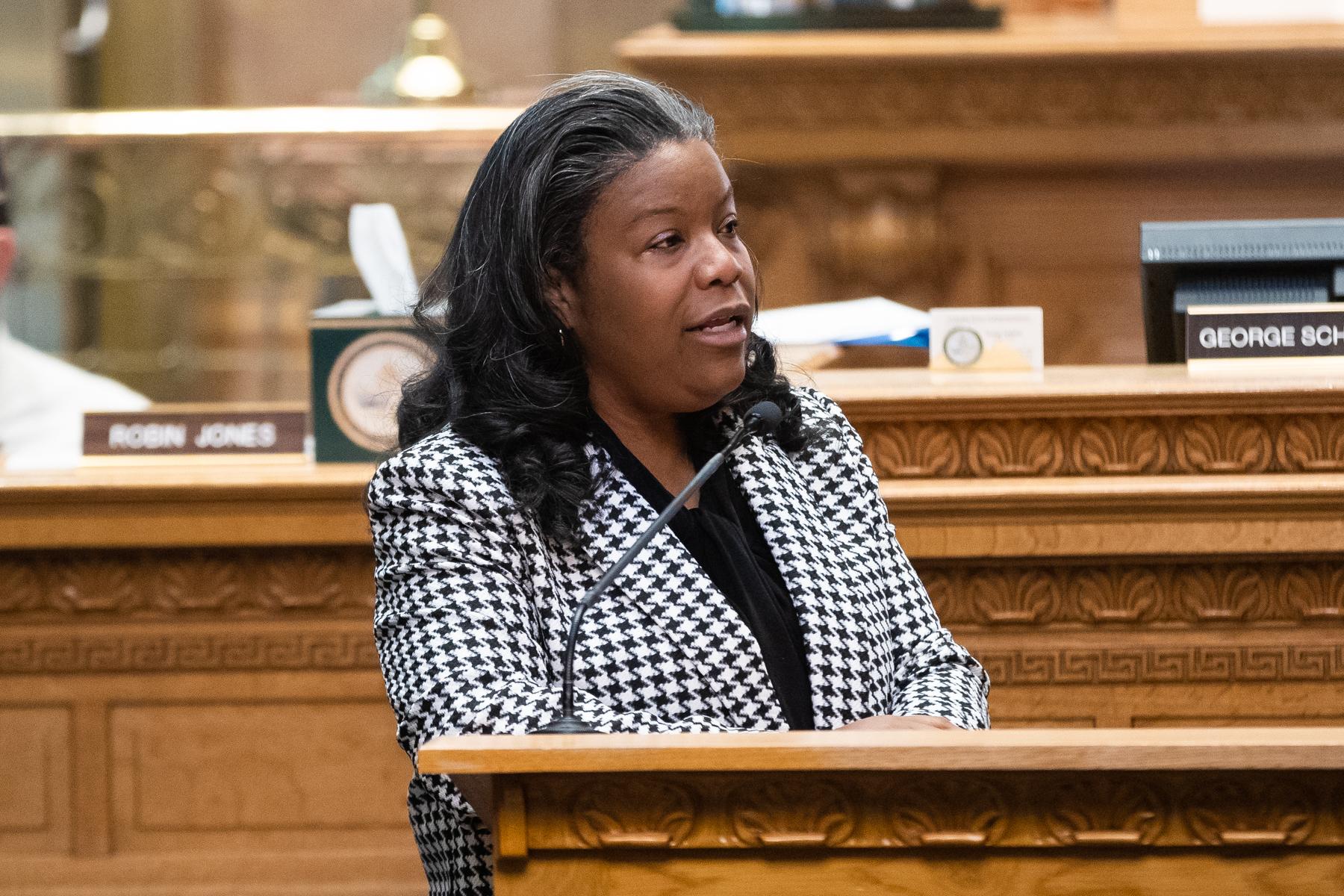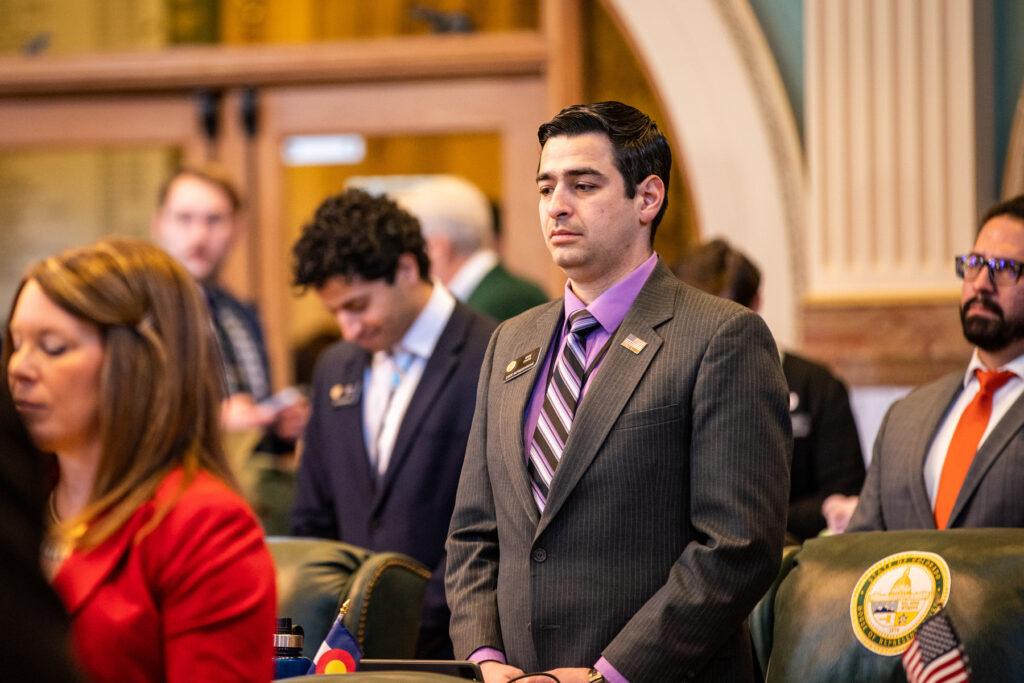
Colorado’s Democratic House has narrowly defeated a bill aimed at increasing whistleblower protections within law enforcement on a vote of 33-31.
Fourteen Democrats joined the chamber’s Republicans to vote down the bill, with some saying the proposal just arrived too late in the legislative session to be properly vetted.
HB24-1460 was introduced two weeks ago by two of the House’s most prominent Democrats, Assistant Majority Leader Jennifer Bacon, who chairs the Black Democratic Legislative Caucus, and Rep. Leslie Herod, the group’s former chair.
It had already gone through major changes and been delayed for a floor vote amidst intense lobbying. The final version lawmakers voted on would have created a working group over the interim to study the issue of protecting law enforcement whistleblowers.
“All we are asking is that we get it in writing that it's going to happen. I will not ask for permission to support a victim of sexual assault. Period,” said Rep.Bacon.
In her final effort to rally support, Bacon struck a disappointed note, reminding her colleagues how much they had narrowed the bill’s ambitions.
“Call your legislator when the system did not work for you, and at best we will put together a working group. That is what we are saying here, at best,” Bacon said.
But Democratic Rep. Shannon Bird of Westminster, who voted no, said even with the changes, the bill was too rushed and needed more input from law enforcement.
“With a problem as challenging as you're trying to solve right now, it merits much more work and investment and buy-in from all of the people impacted,” she said.
Republican Rep. Gabe Evans of Fort Lupton, a former police officer, was among those concerned about the scope and membership of the proposed working group, especially after an additional amendment was put forward to increase the number of participants.
“I don't have the opportunity, and I know stakeholders don't have the opportunity, to have those traditional negotiations that occur around, who has a seat at the table, how many people have a seat at the table.”

Law enforcement agencies strongly opposed the bill. The Fraternal Order of Police delivered a letter to House members Wednesday morning asking them to vote no, calling it irresponsible and unworkable, and an empty promise to victims.
However, the bill had the vocal support of some who say they’ve been targets of retaliation within law enforcement agencies.
“The good ole boys club wins again,” wrote McKinzie Rees, a former Edgewater officer, in a text message in response to the bill’s failure. She is suing the Edgewater Police Department, alleging she faced retaliation and discrimination after accusing a colleague of sexually assaulting her. That officer, former Edgewater Sargent Nathan Geerdes, pleaded guilty to misdemeanor counts of unlawful sexual contact and official misconduct, plus a felony count of forgery.
“It wasn’t about process,” Rees wrote of the bill’s failure. “It was about the broken system who victimized us, prevailing again.”
The original bill required a law enforcement agency to investigate any allegation of misconduct or unprofessional conduct by its officers. It also would have held officers criminally liable for failing to report any unlawful conduct they were aware of within law enforcement.








